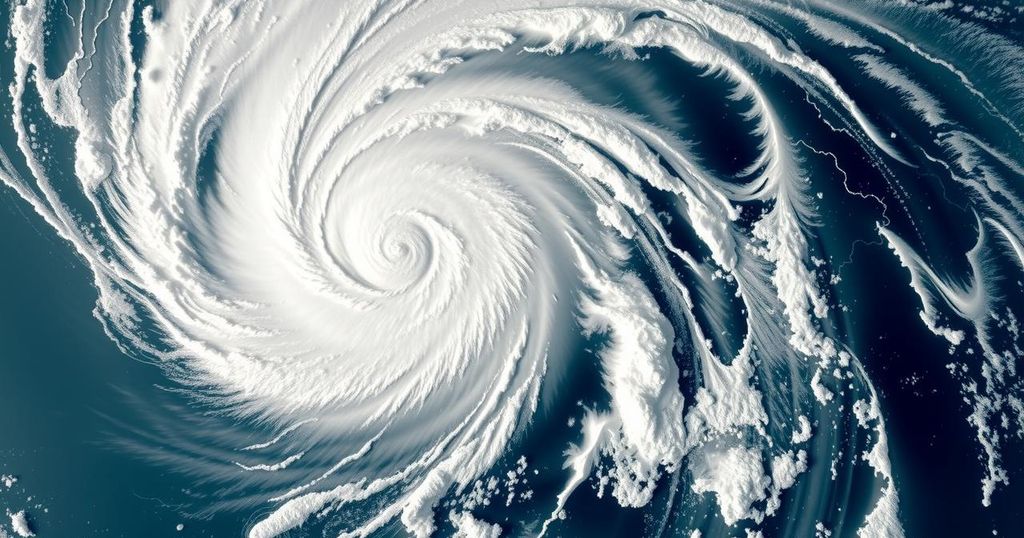Cyclone Chido Devastates Mayotte and Mozambique: Death Toll Rises and Recovery Efforts Begin

Tropical Cyclone Chido has devastated Mayotte and Mozambique, causing 22 confirmed deaths in Mayotte and at least 34 in Mozambique, with significant property damage. Rescue operations are underway amid a curfew and international assistance offers. The aftermath reveals urgent humanitarian needs, particularly in the poorest territories, and political tensions in Mozambique complicate recovery efforts.
Tropical Cyclone Chido has caused significant devastation across the southwestern Indian Ocean, especially impacting the French territory of Mayotte, where the official death toll has reached 22, with projections suggesting it may rise to hundreds. Rescue operations are underway, with 1,400 reported injuries. French authorities have instituted a curfew and President Emmanuel Macron plans to visit Mayotte to declare a national day of mourning. Approximately 95% of buildings on Agalega, the remote dependency affected, have been destroyed, although there were no casualties reported there. The cyclone made landfall in northern Mozambique, resulting in at least 34 deaths and damage to over 35,000 houses. Despite the storm weakening, Chido is expected to dissipate near Zimbabwe. Political tensions in Mozambique, which had been heightened by recent protests over alleged electoral fraud, have forced a delay in scheduled demonstrations until later this month.
The scale of destruction and loss of life from Cyclone Chido has highlighted the need for robust recovery efforts and international assistance. France has expedited response resources, including military and firefighters to the affected areas. The situation underscores the increasing vulnerability of island territories and coastal communities to severe weather events, an issue that may become more pressing in the context of climate change.
Cyclone Chido, a formidable tropical cyclone, formed in the Indian Ocean in early December 2023 and subsequently intensified, leading to severe weather impacts across several islands, including Agalega, Mayotte, and parts of Mozambique. The cyclone’s trajectory and intensity have drawn attention to the region’s susceptibility to such natural disasters, which are exacerbated by factors including poor infrastructure and socio-economic vulnerabilities. Mayotte, in particular, is characterized as France’s poorest territory, facing significant challenges in disaster preparedness and recovery due to its reliance on external aid. The aftermath of Chido not only involves rescue and recovery but also intersects with ongoing political instability in Mozambique, thereby compounding the humanitarian crisis.
Cyclone Chido has inflicted profound damage across the southwestern Indian Ocean, with Mayotte bearing the brunt of the cyclone’s fury. The current death toll and extensive damage highlight the urgent need for humanitarian support and reconstruction efforts. The role of local and international authorities will be critical in addressing both the immediate impacts of the cyclone and the longer-term recovery efforts as communities begin to rebuild. Political tensions in Mozambique add another layer of complexity to the disaster response.
Original Source: www.bnnbloomberg.ca







